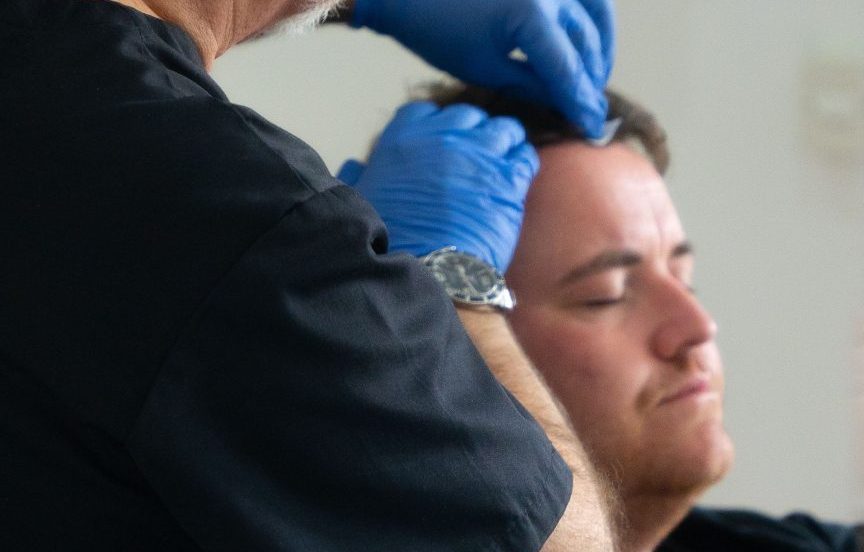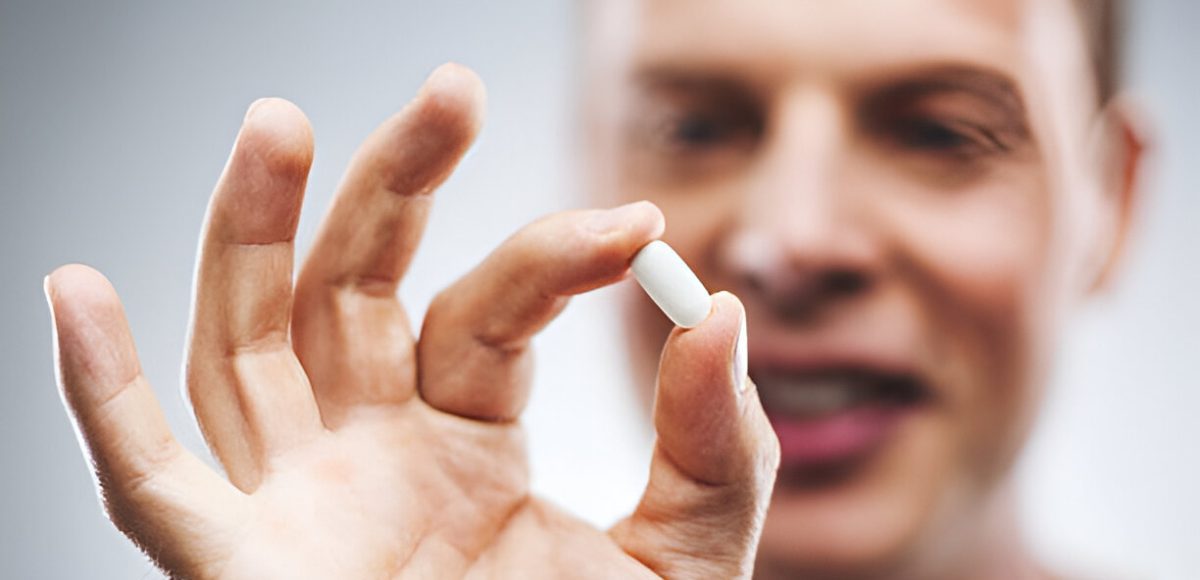
Role of Biotin and Supplements After Hair Transplant Surgery
Role of Biotin
Supplements After Hair Transplant Surgery
Role of Biotin
Discover how biotin and other key supplements—like zinc, vitamin D, iron, omega-3s, and collagen—can support recovery after a hair transplant. Learn the ideal timing, dosage, and what role each plays in healing and growth.
Healing Power of Biotin
Discover how vitamin B7 supports nerve function, tissue repair, and immune strength after transplant surgery.
Boosting Recovery Naturally
Learn why biotin is included in recovery plans to reduce inflammation and promote faster healing.
Biotin for Post-Surgery Care
Explore safe ways to add biotin to your diet and strengthen your resilience during recovery.
Role of Biotin
Biotin After Transplant: The Hidden Nutrient Powering Your Recovery
Biotin, popularly known as vitamin B7, plays a surprisingly important role in your recovery after transplant surgery. While it’s commonly associated with healthy hair and skin, biotin also supports nerve function, skin regeneration, and immune strength—all essential for healing after receiving a new organ. Biotin plays a vital role in recovery, helping to reduce inflammation, support tissue repair, and strengthen the body’s resilience after a transplant. For this reason, it’s often included in post-surgery care plans, either through supplements or biotin-rich foods. But how much biotin is enough? Can it prevent complications? In this article, we’ll uncover the benefits of biotin for transplant recipients, explore the science behind its healing power, and share expert tips for safely boosting your intake. If you’re looking for a natural way to enhance your recovery journey, learning about biotin’s impact could be a game-changer.
What is the Benefit of Biotin After a Hair Transplant?
Biotin is widely recommended after hair transplant surgery due to its positive effects on hair health and overall tissue recovery. Here’s why it’s commonly suggested:
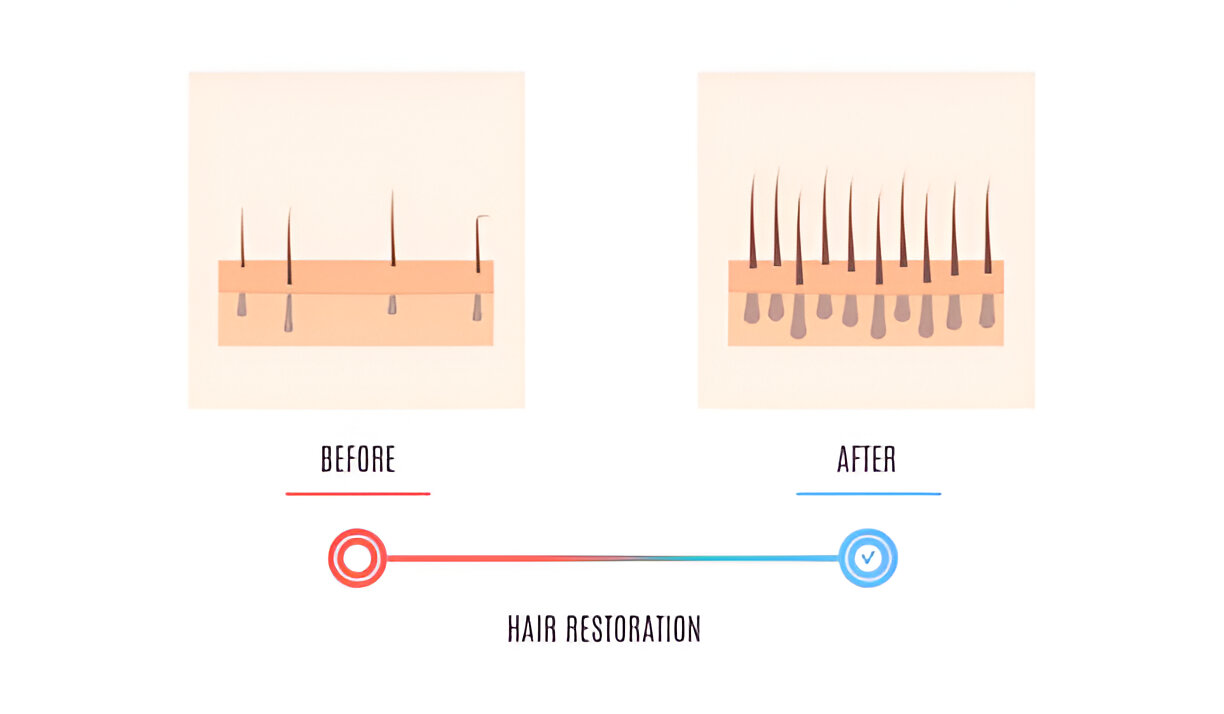
Enhancing Nerve Cell Communication
- Skin and tissue repair
- Hair follicle development
- Nerve cell communication
- Immune system regulation
These processes are particularly important after surgery – whether it is a hair transplant or an organ transplant – because the body needs additional support to heal effectively.
What is the Benefit of Biotin After a Hair Transplant?
Biotin is widely recommended after hair transplant surgery due to its positive effects on hair health and overall tissue recovery. Here’s why it’s commonly suggested:
Stimulates Hair Growth
One of biotin’s main benefits is its ability to promote hair growth by supporting keratin production—the structural protein in hair, skin, and nails. This makes it particularly useful after procedures like Follicular Unit Extraction (FUE) or Follicular Unit Transplantation (FUT), where follicles need a healthy environment to thrive.
Strengthens Hair Structure
Biotin can help improve the strength and texture of hair, reducing breakage and supporting the growth of strong, healthy strands. This is crucial in the months following a transplant when hair is fragile.
Aids in Healing
Since biotin also supports skin repair, it contributes to faster recovery of the donor and recipient sites on the scalp. Improved healing can reduce the risk of infection and scarring.
Supports Overall Metabolic Health
Your body requires a balanced metabolic state to recover from any surgical procedure. Biotin helps convert nutrients into energy, keeping you well-nourished during this demanding period.
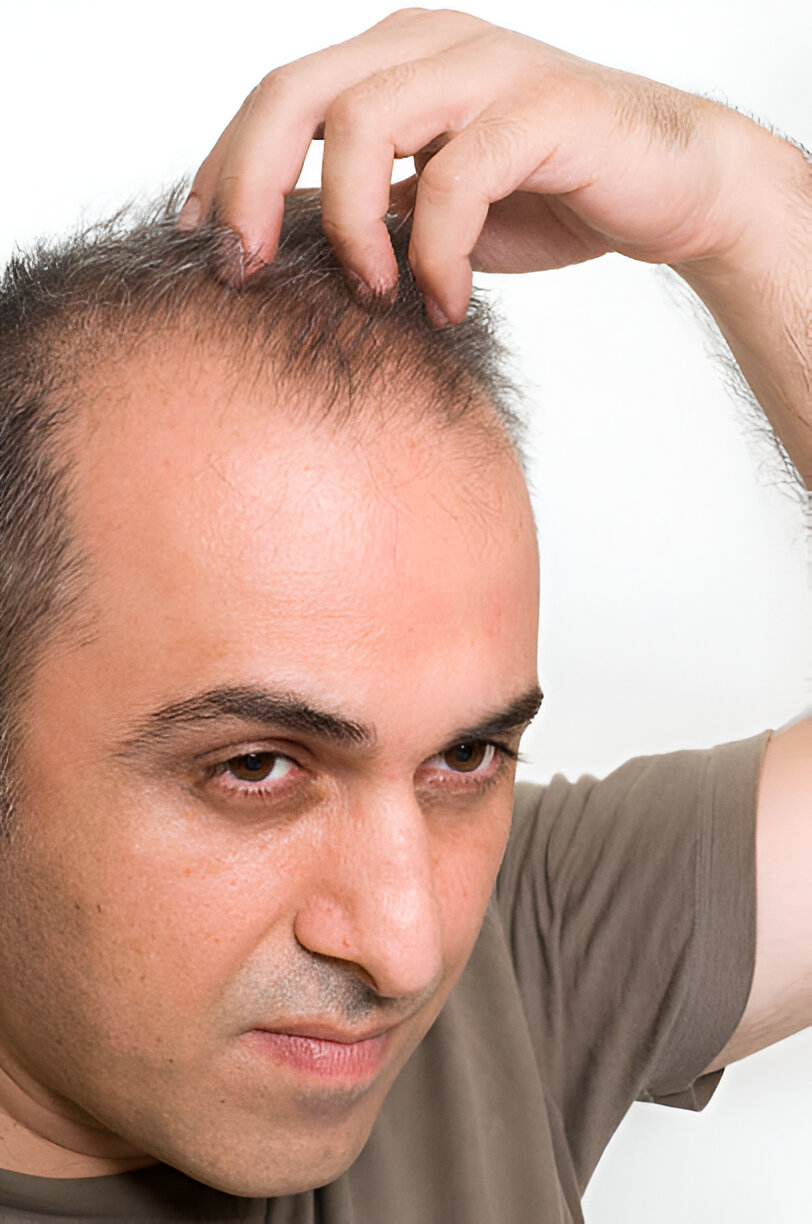
Recommended Biotin Dosage After Hair Transplant
While biotin is important, it’s essential to take the correct dosage to maximise its benefits without risking side effects.
-
Standard Daily Requirement
The typical daily biotin requirement for adults in good health is:
- 30–100 micrograms (mcg) per day
However, during post-hair transplant recovery, higher doses may be suggested by specialists to stimulate hair growth.
- Therapeutic Dosage for Hair Recovery
For those recovering from a hair transplant, some practitioners recommend 2,500 to 5,000 mcg per day in supplement form. Always consult your surgeon or trichologist before starting high doses.
Biotin-Rich Foods
If you prefer a food-first approach, try including these biotin-rich options in your diet:
- Eggs (especially the yolk)
- Nuts and seeds (almonds, sunflower seeds)
- Salmon
- Avocados
- Sweet potatoes
- Cauliflower
- Spinach
- Mushrooms
Even when taking supplements, supporting your intake with natural sources is a smart choice.
Can You Take Too Much Biotin After a Transplant?
Biotin is mostly considered safe, even at high doses, because it’s water-soluble and excess amounts are usually excreted in urine. However, excessive supplementation without guidance isn’t always harmless.
Possible Risks of Overconsumption
- Skin rashes
- Digestive upset
- Insomnia

Safe Supplementation Tips
- Stick to the recommended range unless instructed otherwise.
- Choose high-quality supplements without unnecessary fillers.
- Let your doctor know if you’re taking biotin, especially before any blood work.
The Side Effects of High Doses of Biotin
Though biotin has a solid safety profile, there are some side effects to watch for, particularly when consumed in high doses over long periods.
Common Side Effects
- Mild skin breakouts (especially in acne-prone individuals)
- Digestive issues, such as bloating or nausea
- Excessive urination (due to water-solubility)
Rare But Serious Concerns
- Interference with lab results: Biotin can skew hormone and cardiovascular test readings, leading to potential misdiagnosis.
- Allergic reactions: While rare, some may experience swelling or itchiness.
If you notice any side effects, reduce your dose and consult a healthcare provider immediately.

How Long Should You Take Biotin After a Hair Transplant?
The timeline for biotin supplementation depends on individual factors like overall health, diet, and recovery progress.
Recommended Duration
Most professionals suggest continuing biotin supplements for at least 3 to 6 months post-transplant. This is the window when shock loss occurs, and new follicles begin to grow.
For some, taking biotin for up to a year ensures optimal hair density and strength.
When to Reassess
Reevaluate your biotin needs after the 6-month mark with your surgeon or dermatologist. You may taper off supplements if hair growth and recovery are on track.
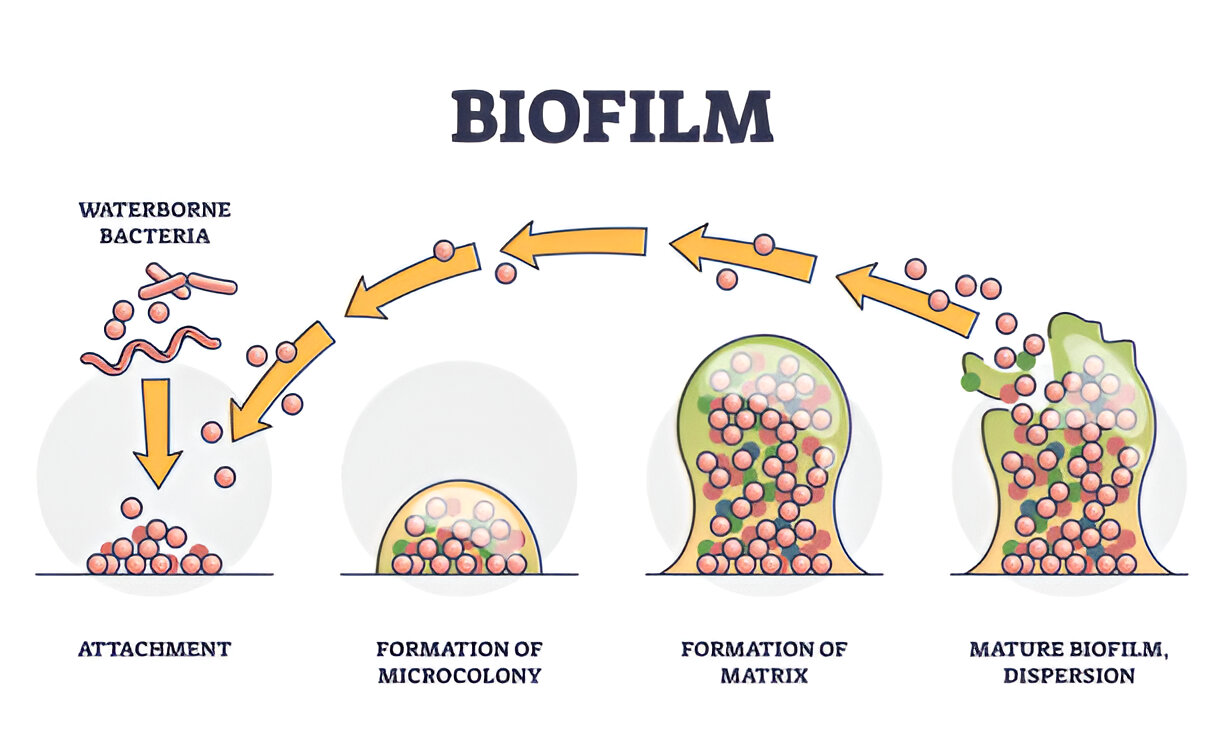
Is Biotin Useful After Other Types of Transplants?
Yes, biotin isn’t just beneficial for hair transplant patients. It also supports recovery after other types of transplant surgeries.
Skin Regeneration
Biotin accelerates epithelial tissue recovery, which is crucial after procedures involving incisions or sutures, such as kidney, liver, or lung transplants.
It also supports collagen formation and skin regeneration, helping the body heal efficiently while maintaining strong protective barriers during recovery.
Nerve Function and Immunity
Vitamin B7 supports nerve signalling and immune modulation, both of which are essential for long-term transplant success.
In general, a balanced B-complex supplement that includes biotin may be part of a post-transplant care routine recommended by doctors.
What to Select for in a Biotin Supplement
Did you know that not all supplements are made equal? If you’re shopping for a quality biotin product, consider the following factors:

- Purity and Dosage
- Choose biotin supplements that have 2,5005,000 mcg per serving.
- Avoid additives, artificial colours, or preservatives.
- Delivery Format
Biotin is available in various forms, including:- Liquids
- Tablets
- Capsules
- Gummies
Pick what’s easiest for you to absorb and stick with consistently.
- Third-Party Testing
- Look for products certified by trusted testing organisations to ensure you’re getting a safe, effective dose.
Combining Biotin With Other Nutrients for Maximum Results
Biotin works best when it’s part of a balanced nutritional plan.
Best Complementary Nutrients
- Zinc: Supports scalp health and reduces inflammation
- Vitamin D: Stimulates hair follicles and regulates immunity
- Iron: Prevents hair thinning related to anaemia
- Vitamin C: Enhances collagen production for skin healing
Combining these can improve hair density and speed up your recovery.
When Should You See Results?
Biotin isn’t a miracle overnight solution, but with consistency, results do appear.
Expected Timeline
- 4–6 weeks: Improved nail and skin quality
- 8–12 weeks: Reduction in shedding and slight hair thickening
- 3–6 months: Noticeable new hair growth, especially at the transplant site
Patience is key. Results vary based on dosage, baseline nutrition, and your body’s response.
Final Thoughts: Is Biotin Worth It?
Enhance Recovery with Expert Care
Biotin may not be the only factor in transplant recovery, but its role is far from insignificant. Whether you’re recovering from a hair transplant or a more complex organ transplant, this essential B-vitamin supports many of the body’s natural healing processes.
From reducing inflammation to improving skin and hair regeneration, biotin can help make your recovery smoother and more successful—when taken correctly and in the right context.
Conclusion: Boost Your Transplant Recovery Naturally with Biotin
Biotin is a simple yet powerful nutrient that can enhance your recovery after a hair transplant by promoting hair growth, supporting skin healing, and strengthening your overall health. But to truly maximise your results, it’s important to combine high-quality supplementation with expert care.
At Merchant City Medical Group, we don’t just perform hair transplants—we guide you through the full recovery process. Our specialists provide tailored advice on post-surgery nutrition, including how to incorporate biotin for optimal regrowth and healing safely.
Ready to take the next step? Book your free consultation today and start your journey to fuller, healthier hair with a team that truly cares.
Excellence Record
- 30+ Years of combined experience
- 10 + Experts
- 1000 + Satisfied Patients





